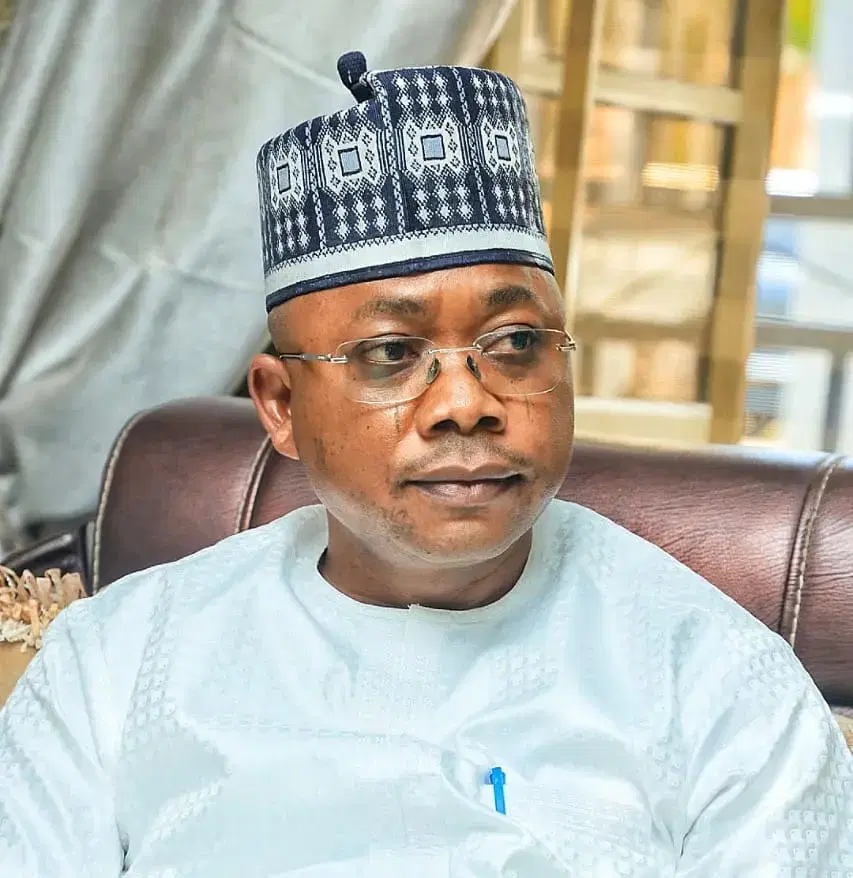The Federal Government has inaugurated a 24-member Inter-Ministerial Technical Working Committee to review and reform agricultural curricula across Nigeria’s tertiary institutions. The initiative aims to modernize agricultural education in line with national food security goals and economic development.
At the inauguration held in Abuja, Minister of Education, Dr. Maruf Tunji Alausa, emphasized the urgent need to transform outdated curricula in universities, polytechnics, and colleges of education. He said the current system is not producing graduates with the skills needed to drive innovation and growth in agriculture.
> “Our colleges and universities of agriculture must become engines of food security,” the Minister stated. “We’re bridging the gap between potential and performance by aligning education with real-world needs.”
Dr. Alausa revealed plans by the Federal Government to convert vast agricultural lands owned by tertiary institutions into innovation and training hubs through public-private partnerships. These lands will support hands-on learning and commercial-scale food production, helping students gain practical experience in agro-enterprise.
> “Graduates will no longer rely on theory alone. They will leave school with real skills and a mindset for agribusiness,” he said.
The Minister also highlighted the rising interest in agriculture through the Ministry’s TVET (Technical and Vocational Education and Training) Data Dashboard, where over 1.3 million Nigerians have registered within 10 days—210,000 of them applying for livestock farming training.
The committee is tasked with reviewing all agriculture-related courses, assessing the age and relevance of current curricula, identifying challenges in the review process, and making recommendations for sustainable reforms.
Responding on behalf of the committee, Prof. Idris Bugaje, Executive Secretary of the National Board for Technical Education (NBTE), assured the Minister of timely delivery. He pledged that the committee would submit a comprehensive report within six weeks.
> “We are committed to embedding practical skills, modern techniques, and making agriculture attractive to the youth,” Prof. Bugaje said.
This strategic reform aligns with President Bola Ahmed Tinubu’s Renewed Hope Agenda, focusing on food security, youth employment, and innovation through education.




